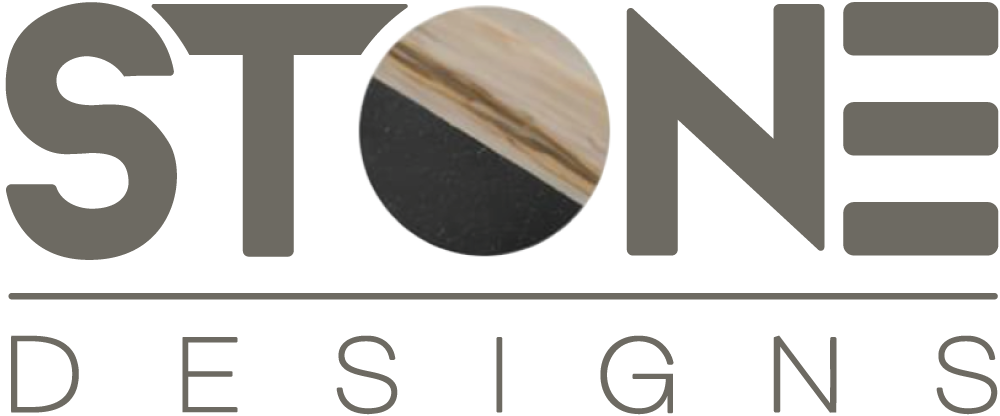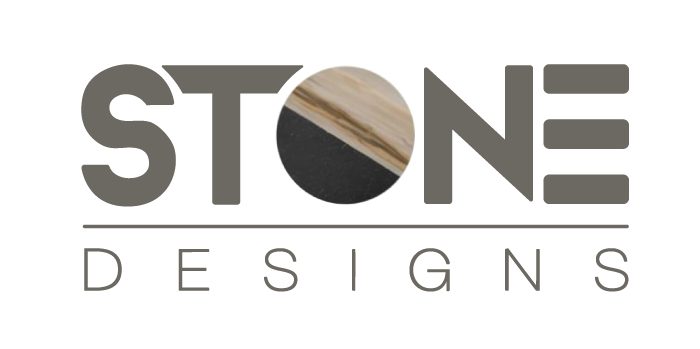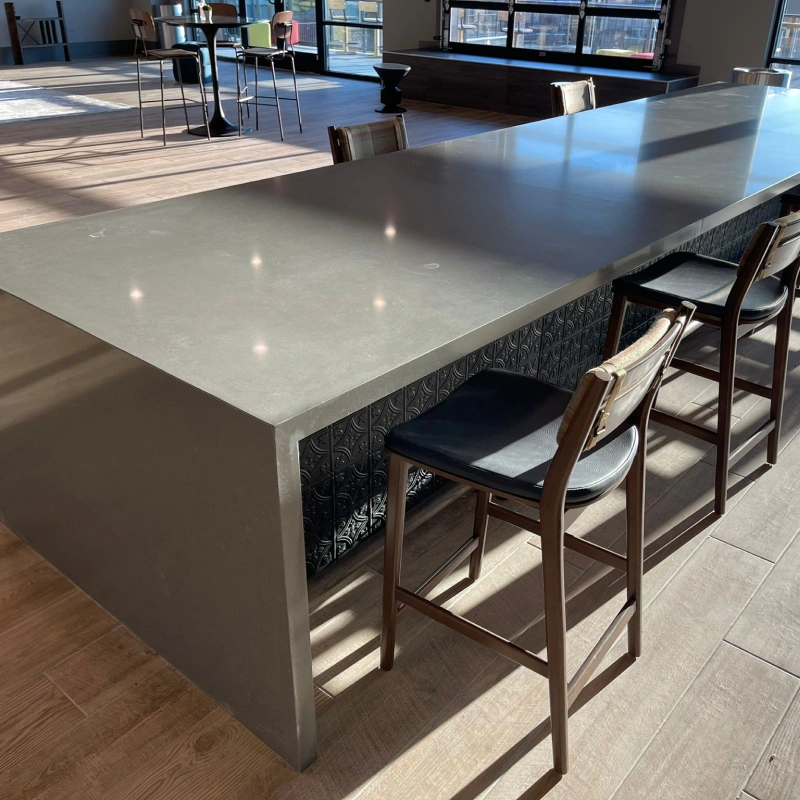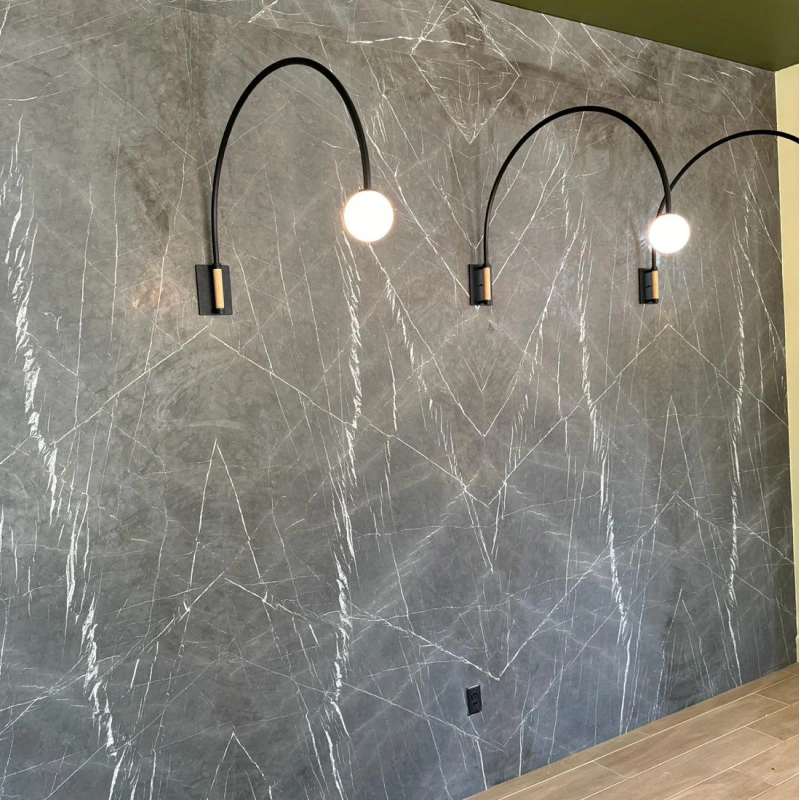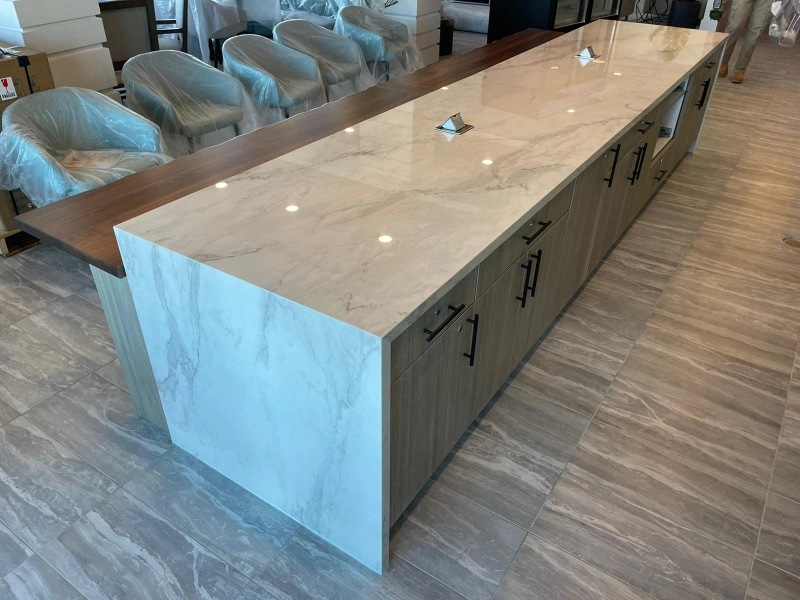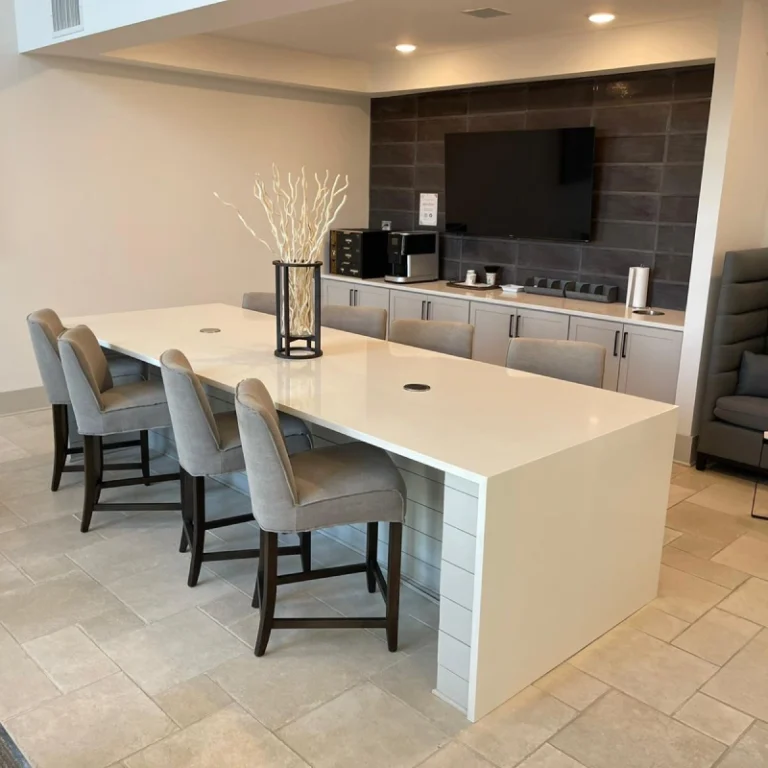Understanding Quartz Uses, Pros and Cons
Quartz is a durable and versatile mineral known for its aesthetic appeal. In this post, we’ll dive into the qualities of quartz, its various uses, and its advantages and disadvantages.
What is Quartz?
Quartz, composed mostly of silicon and oxygen, is one of Earth’s most abundant minerals. It is found in many types of rocks and is highly resistant to scratching, making it popular for various applications.
Uses of Quartz
Quartz has numerous applications, both in its natural and engineered forms:
- Countertops: Quartz countertops are widely used in kitchens and bathrooms for their durability and low maintenance. Made from crushed quartz mixed with resin, they create a non-porous, stain-resistant surface.
- Electronics: Quartz crystals are used in devices like watches and clocks for their piezoelectric properties, which help generate an electric charge.
- Glassmaking: Quartz sand is a key component in glass production, providing essential silica content.
- Jewelry: Quartz is used in various jewelry forms, like amethyst and rose quartz, known for their beauty and color variety.
- Construction: Quartz is used in concrete and as a decorative stone in building facades.
Quartz Pros and Cons
| Pros | Cons |
| Durability: Quartz is highly resistant to scratches, chips, and cracks, making it ideal for high-traffic areas. | Cost: Quartz can be more expensive than materials like granite or laminate. |
| Non-Porous: Quartz does not absorb liquids, making it resistant to stains and bacteria. | Heat Sensitivity: Quartz is less heat-resistant than natural stones like granite. |
| Low Maintenance: Cleaning is simple, usually just wiping with soap and water. | Indoor Use Only: Quartz can discolor if exposed to prolonged sunlight. |
| Aesthetic Variety: Available in various colors and patterns for customization. | Consistency: While quartz is uniform, it lacks the natural variety of stones like granite. |
Conclusion
Quartz is a highly durable and versatile material with many applications, especially in countertops. Its non-porous nature and low maintenance make it a popular choice for homeowners. However, its cost and heat sensitivity are factors to consider when choosing quartz. By weighing the pros and cons, you can make an informed decision about whether quartz is the right choice for your needs.
